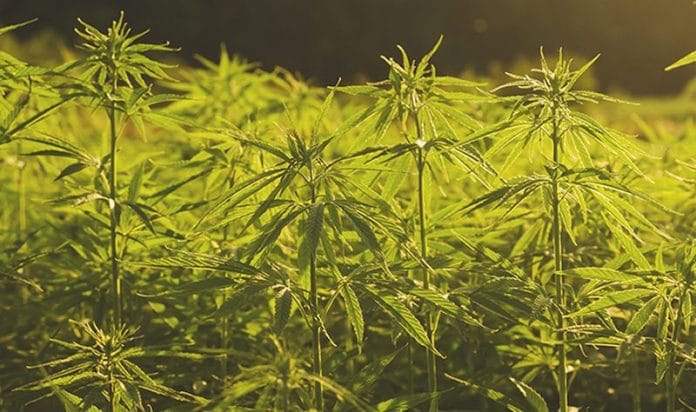If SB335 is successful, hemp-derived cannabidiol based products should be
much easier to access in Pennsylvania.
While Pennsylvania has gone gangbusters on medicinal cannabis, its industrial
hemp sector lags behind those of some other U.S. states.
During the 2018 season, the second year that hemp was grown in Pennsylvania after a ban was lifted, around 580 acres of industrial hemp was cultivated. However, the 2019 season is expected to be more productive and following the signing of the 2018 Farm Bill, the State’s Department Of Agriculture said in January it will re-open its 2019 program to allow even more participants.
But Pennsylvania’s laws require all cannabis for medical use to be grown at a permitted growing/processing facility and a bunch of other hoops must be jumped through. Those wanting to purchase CBD medicines in-state need a medical marijuana card.
A way around this may in some instances be in Senator Judy Schwank’s recently introduced legislation to expand hemp production.
SB335, the Industrial Hemp Act, recognizes hemp as an allowable cosmetic ingredient, food, food additive or herb to be regulated as any other food ingredient or food commodity. It also allows for the extraction of cannabidiol (CBD) for the same purposes.
SB335 would help ensure consumers are receiving quality products – all of which would need to include the following statement on labelling: “The FDA has not evaluated this product for safety or efficacy.” Products will also need to include the percentage of cannabidiol in the product. There doesn’t appear to be a limit set on CBD %.
“Hemp is a multi-million-dollar industry that is expected to grow as a result of the 2018 Federal Farm Bill which removed hemp from the federal controlled substance list.” said Senator Schwank. “This legislation will allow farmers continued access to a new market and put them on the same playing field as other states like Colorado that have passed hemp food legislation.”
SB335 covers any part of the hemp plant, including naturally occurring cannabinoids, compounds, concentrates, extracts, isolates, resins or derivatives
The bill has already attracted 14 Senate co-sponsors.


